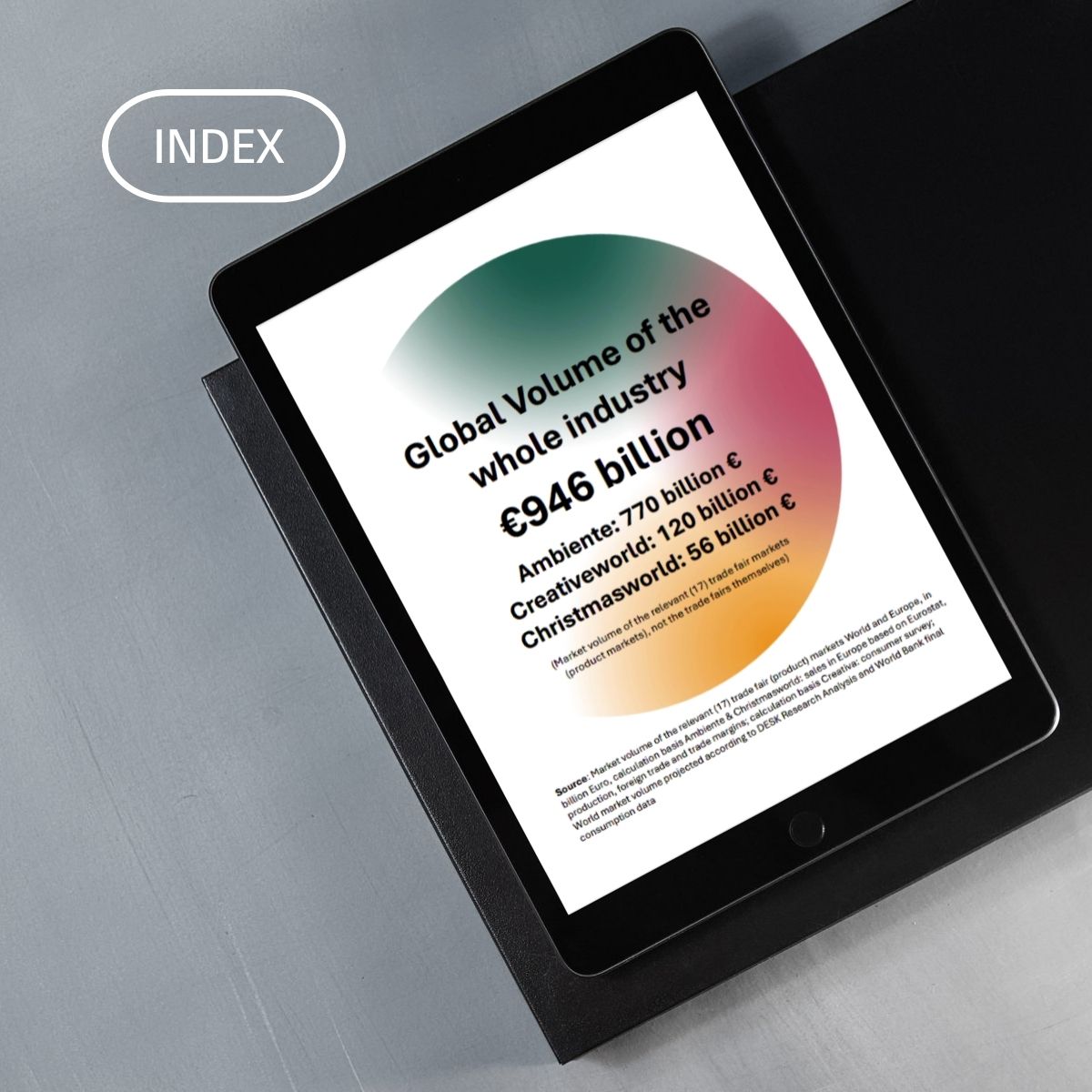Reading time: 3 minutes

Insights
- Shortening the customer journey with a Facebook or Instagram shop.
- Remaining visible with regularly updated content.
- Securing customer loyalty with community management.
Backlog in social media
In a 2019 study by the Centre for Sales Management (ZFV), 54% of the 188 German companies surveyed said that it was important to implement and use social media in their sales activities. 26% of respondents stated that social media had a major influence on the success of the company. But, less than a third said they had a clear strategy for using social media in their sales activities. The seriousness of this omission would become all too apparent in March 2020.
Enterprises that had already established well-maintained social media channels before the pandemic were – and still are – at a clear advantage during the current restrictions. However, efforts undertaken now to maintain channels are also of value for the post-crisis period and should not be underestimated. The possibilities of content creation for marketing purposes are manifold: Simple tools can be used to create content that forms valuable touchpoints on the customer journey, e.g. picture galleries of new items, product demonstrations filmed with a smartphone or Instagram stories that pick up on postings by satisfied customers. Enterprises wanting to go a step further can, for instance, initiate collaborations with influencers or micro-influencers.
Why Social Commerce?
Social media are no longer just a marketing tool. As the magazine t3n states in its guide selling directly via social media platforms is an approach that is becoming increasingly important. Integrated shops on Facebook, Instagram and the like offer a complete and direct shopping experience that is particularly popular among younger target groups who are less averse to sharing their payment information. If you don't have to be redirected to an external online shop, you reach your destination faster – the customer journey is a few steps shorter, and the inhibition threshold for making a purchase is lower.
It makes perfect sense to provide a platform such as Pinterest – primarily a visual medium used to make decisions before a purchase – with its own shop. Facebook and Instagram also offer shop pages, which represent a one-stop source of inspiration, ideas generator, sales outlet and subsequent community management tool. The shopping button on WhatsApp is also brand new and is currently being gradually introduced worldwide. For the user, this results in a significant simplification of the shopping process, while at the same time giving the company the opportunity to integrate itself into the everyday life of its customers. However, according to the t3n article, there are also downsides as the company not only has to accept someone else collecting the valuable customer data with the platform, but also losing an overview of its own traffic.
Nevertheless, in view of the unpredictability of the future course of the pandemic, which has forced many companies to put their own digital transformation at the top of the priority list, now is the best time for them to consider the benefits of social commerce and also to expand their social media presence. Filling the channels with content on a regular basis is crucial. Only companies that remain present in their customers' social media feed will benefit from their loyalty in these difficult times.
Practical examples
COTTO is a home accessories retailer in Mannheim store. Owner Patricia Schneider, who has been running the shop for almost 25 years, also presents selected items on IGTV and supplies information on product availability and colour options. IGTV also provided the ideal platform for her appeal to support local traders during the pandemic.
The Oständ concept store also operates a Facebook shop. During the pandemic, this shop based in Frankfurt's Ostend district began posting tongue-in-cheek teleshopping videos on IGTV. Newly arrived products are presented in a friendly, relaxed way, thus reinforcing the personal connection to customers and followers.
Berlin porcelain manufacturer Schoemig, which won the 2018 German Design Award, advertises on Instagram with stylishly staged product photos and well-curated insights into the production process. The products are offered both in their own online shop and on their Facebook page.








